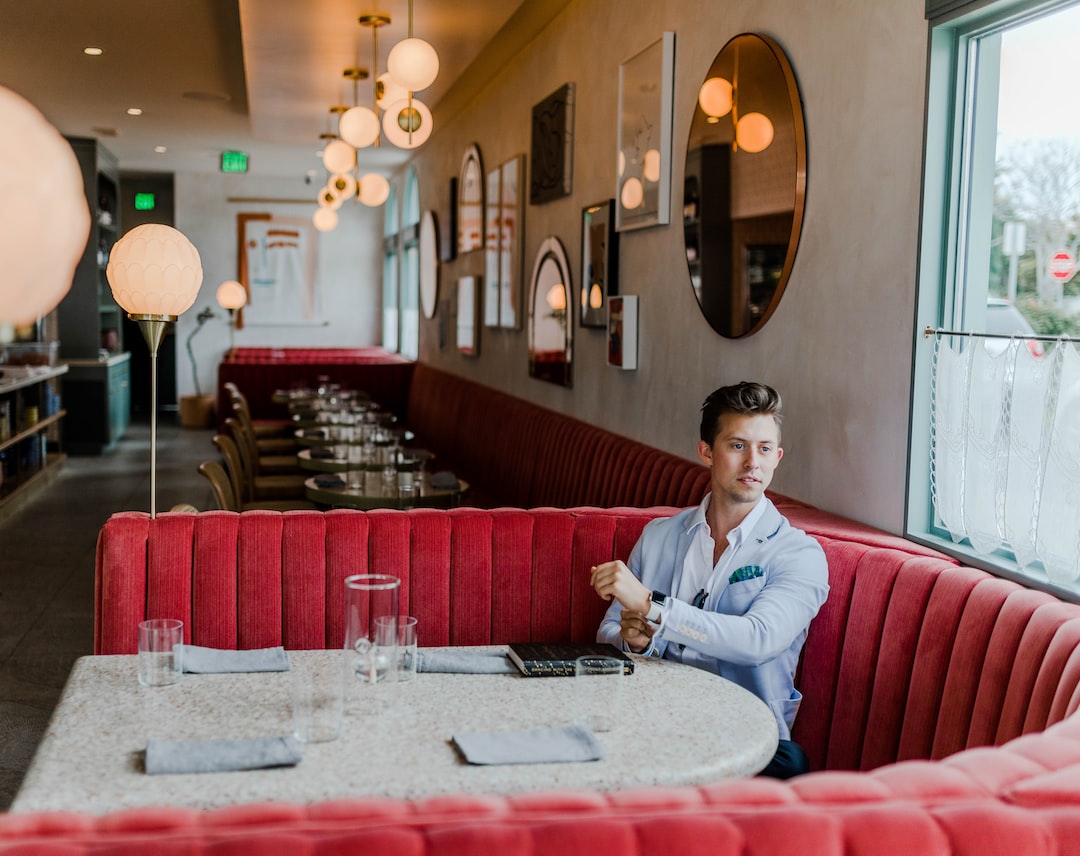Tattoos have been around for thousands of years and their cultural significance has evolved over time. From marking one’s social status, to being a symbol of identity and individuality, tattoos have played different roles in different cultures and have left their mark on our history.
The earliest evidence of tattoos dates back to 3500 BC, with mummies in Egypt showing inked designs on their bodies. The Egyptians used tattoos as a symbol of religious devotion and to mark the bodies of slaves and criminals. They were also used to mark important events such as the transition from childhood to adulthood.
Tattoos also became popular among the Polynesian and Maori cultures, where intricate and symbolic designs represented their customs, beliefs, and social status. It was believed that the more tattoos a person had, the higher their social standing was.
In Japanese culture, tattoos became a sign of rebellion and were associated with criminal activity during the Edo period. However, they evolved into a popular form of art with the emergence of the ukiyo-e, or woodblock prints, that featured tattooed heroes and villains.
Tattoos also played a significant role during war times. In the ancient world, warriors would often decorate themselves with tattoos as a symbol of their bravery and valor. In modern times, soldiers have often gotten tattoos as a way to connect with their comrades and reflect on their experiences in battle.
The cultural significance of tattoos has also evolved in the western world. In the 80s and 90s, tattoos were often associated with bikers and criminal gangs. However, tattoos became more mainstream in the early 2000s with the rise of celebrity culture and the acceptance of body art in fashion and popular culture. Today, people get tattoos for a variety of reasons, from self-expression to memorializing lost loved ones.
While tattoos have been misunderstood and stigmatized throughout history, they have always been a symbol of identity and individuality. Today, many people view tattoos as a way to express themselves and share their stories. The cultural significance of tattoos continues to evolve, and with the popularity of body art on the rise, it is likely we will see new traditions and meanings develop over time.

